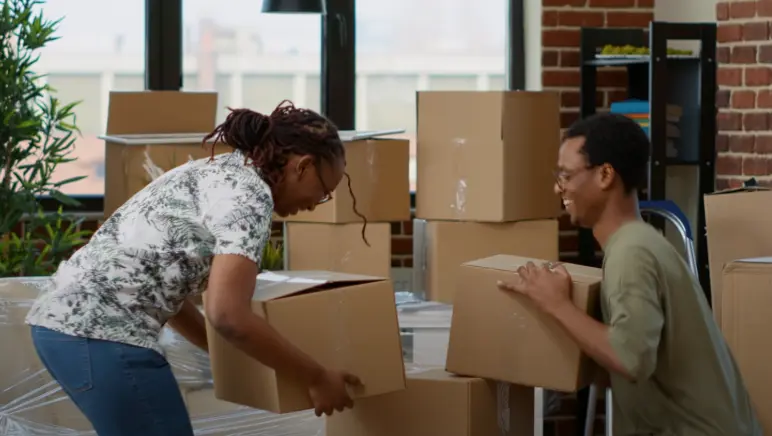.webp)
Many people wonder: “Can you fix a hernia yourself?” The short answer is no—a hernia will not heal on its own. However, some self-care strategies can ease discomfort, slow progression, and help you manage symptoms until you’re ready for medical treatment. Let’s explore three at-home approaches that may help, and when it’s time to see a specialist.
Why Hernias Can’t Heal Without Surgery
A hernia occurs when tissue pushes through a weak spot in the abdominal wall. Once that weakness forms, only surgery can fully repair it. Home remedies may reduce pressure and pain, but they can’t close the opening.
3 Self-Care Options for Managing Hernia Symptoms
1. Adjust Your Diet
- Eat smaller, more frequent meals to reduce abdominal pressure.
- Choose high-fiber foods (fruits, vegetables, whole grains) to prevent constipation and straining.
- Limit heavy, fatty, or spicy meals if you have reflux from a hiatal hernia.
2. Maintain a Healthy Weight
Excess weight places strain on abdominal muscles. Even moderate weight loss has been shown to:
- Reduce hernia symptoms
- Decrease intra-abdominal pressure
- Improve overall surgical outcomes if repair is needed later
3. Use Supportive Garments (With Caution)
Hernia belts or trusses can temporarily hold a hernia in place and provide relief during daily activity. But remember:
- They don’t repair the hernia
- They may mask symptoms of worsening hernias
- Always use them under medical guidance
What to Avoid with a Hernia
- Heavy lifting or intense core exercises that increase strain
- Ignoring persistent pain or changes in bulge size
- Relying solely on belts or lifestyle changes instead of medical advice
When to Seek Medical Help
While home remedies can ease symptoms, hernias often worsen with time. Seek immediate care if you experience:
- Severe, sudden pain at the hernia site
- Nausea, vomiting, or inability to pass stool/gas (possible bowel obstruction)
- A bulge that becomes firm, discolored, or cannot be pushed back in (signs of incarceration or strangulation)
Even if symptoms are mild, ongoing pain, growth of the bulge, or lifestyle limitations are all reasons to schedule a consultation.
Medical Treatments for Hernias
When lifestyle changes aren’t enough, medical options include:
- Watchful waiting: For small, asymptomatic hernias, your doctor may monitor it.
- Open surgery: Traditional method using a larger incision and mesh reinforcement.
- Laparoscopic or robotic surgery: Minimally invasive options with smaller incisions, less pain, and faster recovery.
The Bottom Line
You can’t cure a hernia at home—but you can make yourself more comfortable and reduce strain until surgery is necessary. Diet changes, weight management, and temporary supports may help, but professional evaluation is essential.
Get Expert Hernia Care in the East Bay
At Hernia Innovations, part of BASS Medical Group, we specialize in advanced, minimally invasive hernia repair tailored to each patient’s needs. With locations in Walnut Creek, Concord, Antioch, and Brentwood, expert care is close by.
Call us at (925) 940-1025 or book online today to discuss the best treatment plan for you.
FAQs
Can a hernia heal naturally?
No—surgery is the only permanent solution.
Do hernia belts work?
They may reduce discomfort temporarily but don’t cure the hernia.
Is it safe to delay surgery?
Some small hernias can be monitored, but delaying surgery increases the risk of complications.
What’s the safest hernia treatment?
Minimally invasive surgery with mesh is the most common and effective option.





.webp)

.webp)
